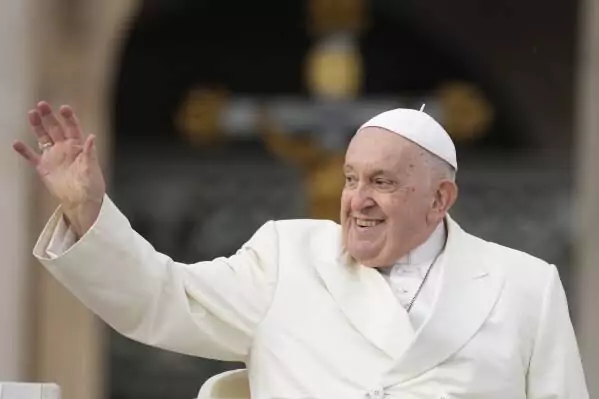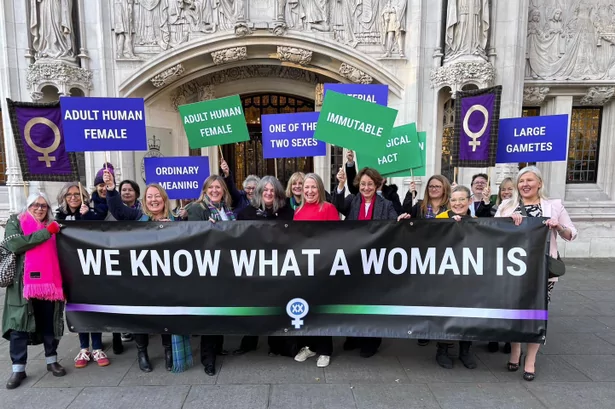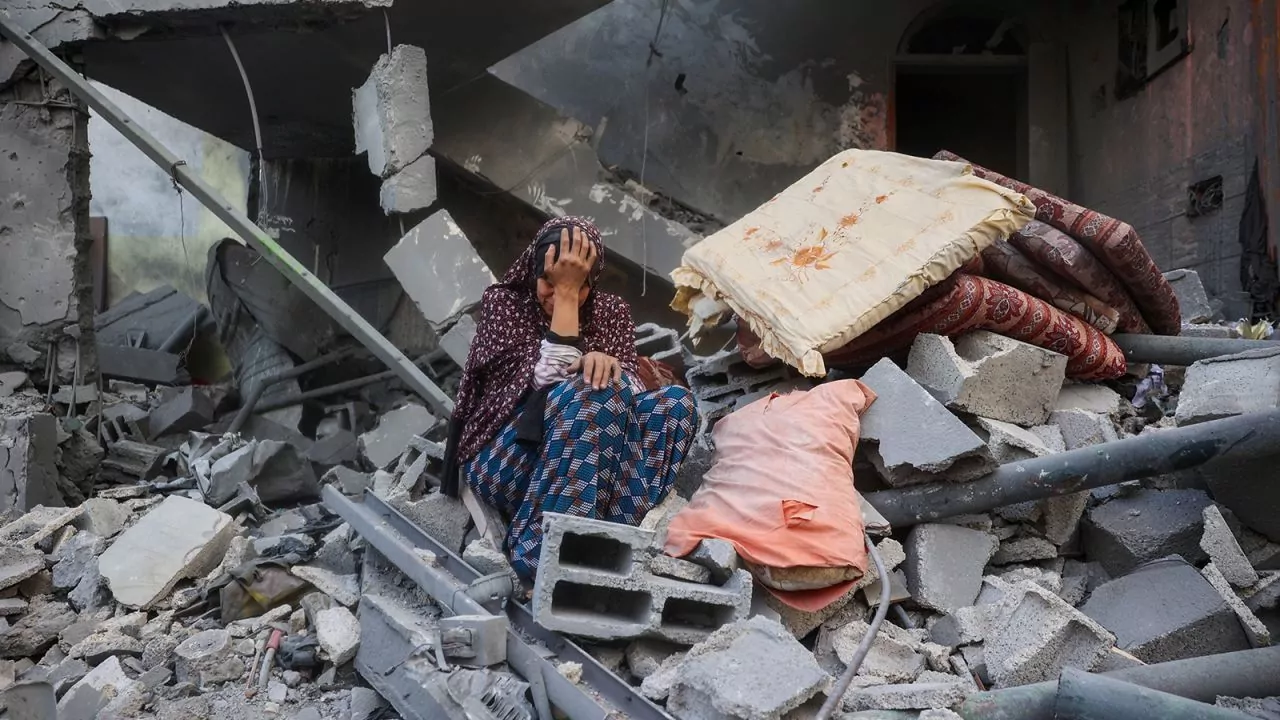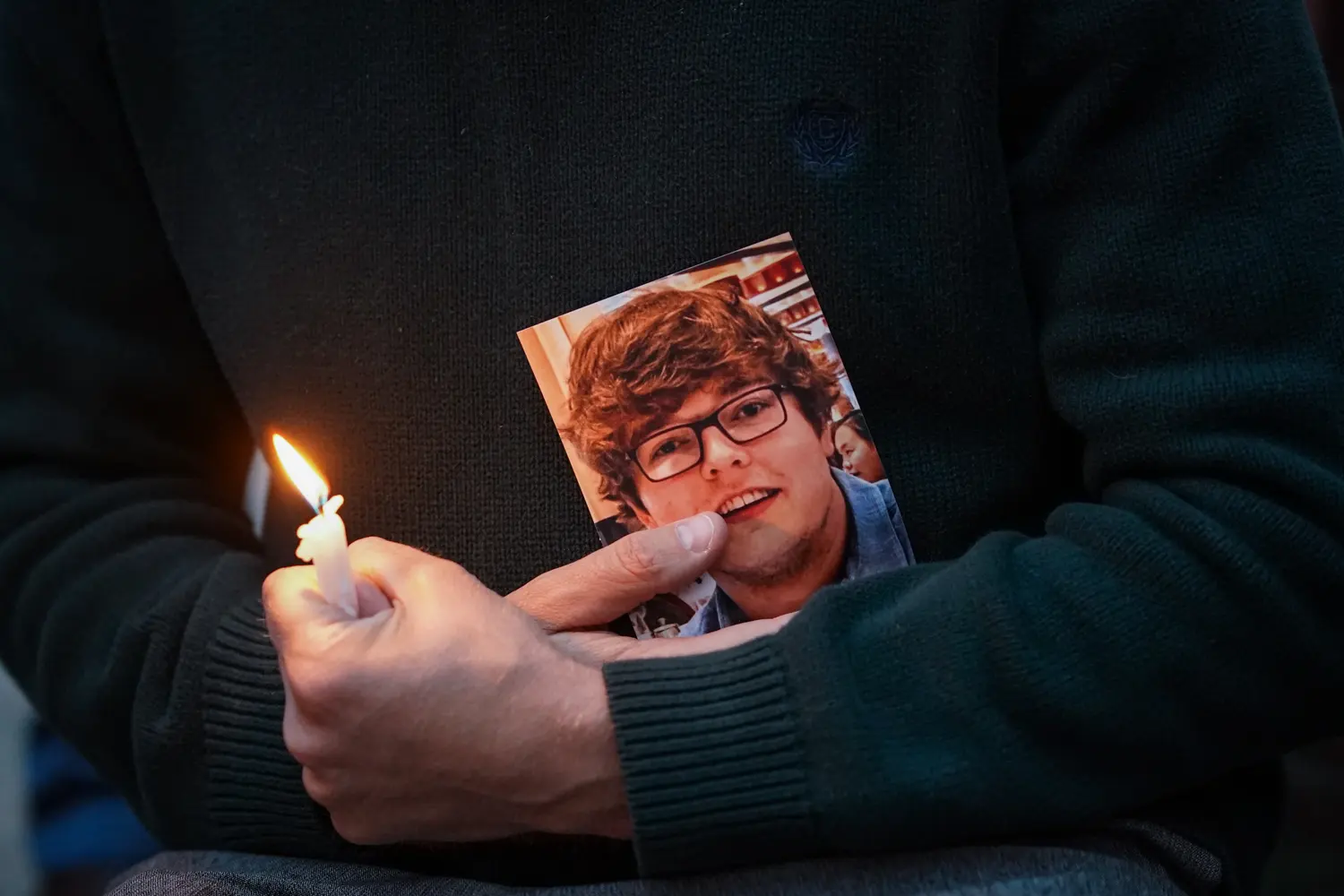Pope Francis, the first Latin American pontiff who reshaped the Catholic Church with his outspoken advocacy for the poor and marginalised, has died at the age of 88, the Vatican has confirmed.
His death came just weeks after being discharged from a Rome hospital, where he had been treated for a life-threatening case of pneumonia in both lungs.
Born Jorge Mario Bergoglio in Buenos Aires, Argentina, he became the 266th pope in March 2013, following the historic resignation of Pope Benedict XVI. As the first Jesuit to assume the role, and the first pope from the Southern Hemisphere, Francis ushered in a new tone at the Vatican — one focused on humility, mercy, and a return to the core values of the Gospel.
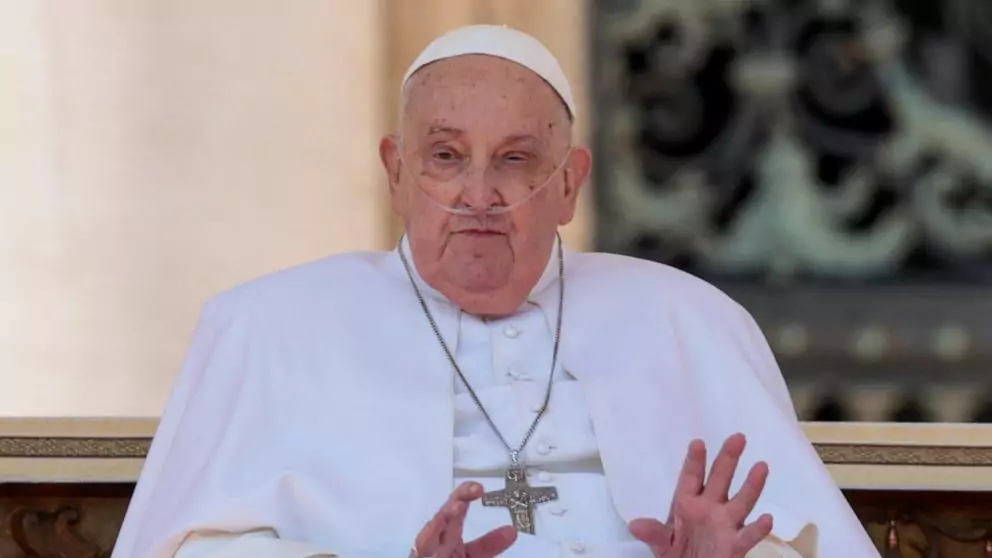
Pope Francis appears for the first time since his return to the Vatican, in St. Peter’s Square, at the Vatican, on April 6, 2025.
Remo Casilli/Reuters
Throughout his papacy, Francis made headlines for challenging tradition in ways that both inspired millions and sparked internal resistance. He chose to live in the Vatican guesthouse instead of the Apostolic Palace, drove a modest Ford Focus, and emphasised “a poor Church for the poor” from the outset.
Francis prioritised social justice, calling for urgent action on poverty, migration, and climate change. His 2015 encyclical Laudato Si’, focused on environmental stewardship, was a landmark document that framed climate change as a moral issue. He became one of the most vocal global leaders urging world powers to act on behalf of the planet and future generations.
He also worked to address long-standing scandals within the Church. Francis launched new mechanisms to hold bishops accountable for covering up child abuse and met with survivors across the globe. However, critics argued his reforms did not go far enough or were slow to take hold in certain regions.
Francis took steps to make the Church more inclusive, opening discussions around the ordination of women to the diaconate, supporting civil protections for same-sex couples, and softening rhetoric around divorce and LGBTQ+ Catholics — often meeting with individuals and families personally affected by exclusion.
While he faced fierce resistance from conservative circles, Francis remained steadfast in his vision of a more compassionate and accessible Church. In a 2020 interview, he said, “God’s grace is for everyone — no one is excluded.”
The Vatican is expected to release funeral details and initiate preparations for the conclave to select his successor.
